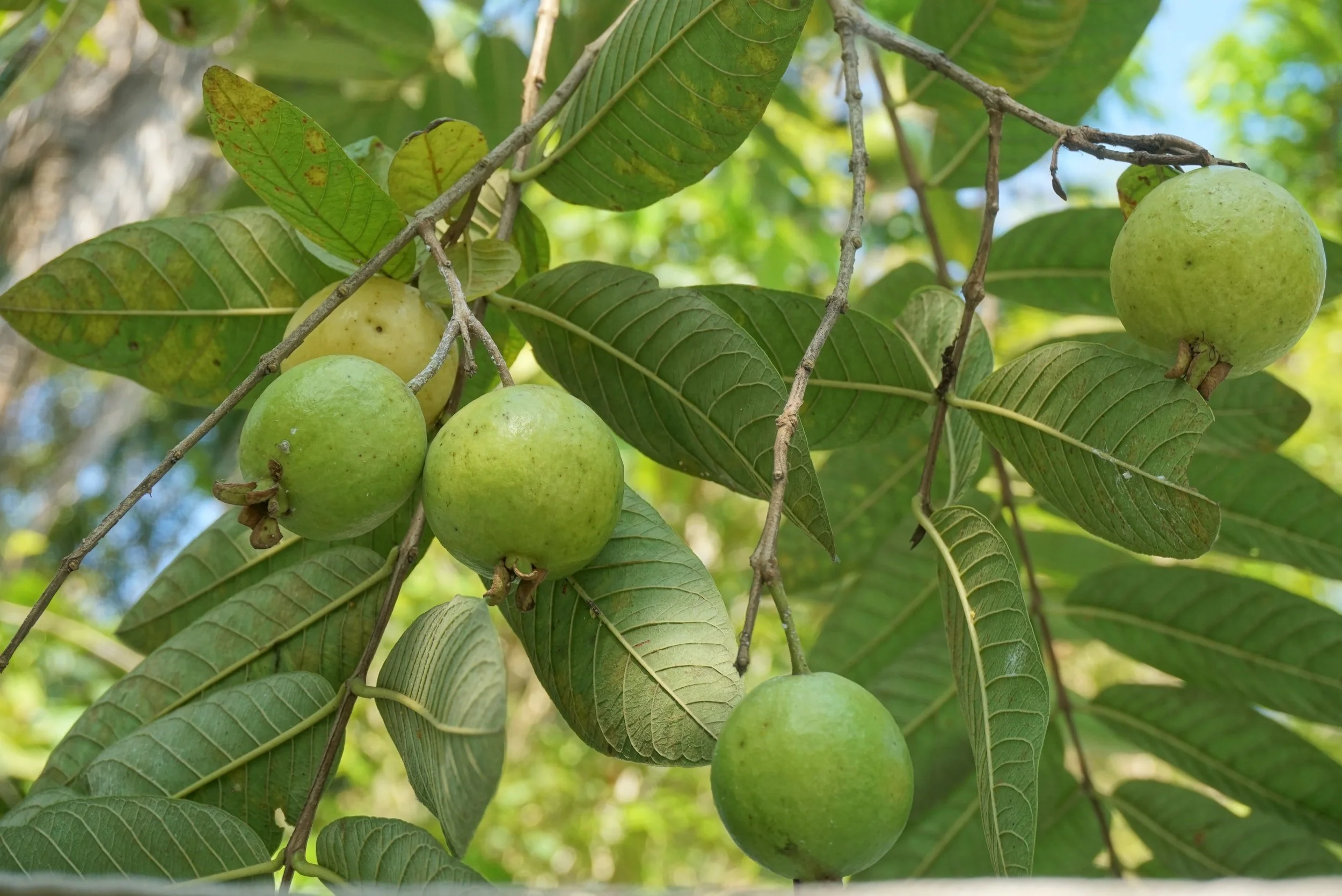Black Walnut Tree Value: What to Know
The black walnut is a highly marketable species of tree. If you have black walnut trees on your land, you could make good money selling them to interested timber buyers. Of course, if you are considering selling your black walnuts, you’ll want to make sure you receive a fair price. This requires you to have some knowledge of how to figure black walnut tree value.
In this article, we’ll share insight to give you a better understanding of the factors loggers weigh when determining black walnut tree value. You’ll also learn what the market is currently like for black walnut timber. After reading, you’ll be able to make informed decisions about whether or not you’re ready to sell now and, if so, which logging company you want to do business with.
What is the Current Value of Black Walnut Trees?
As with any product on the marketplace, black walnut tree value depends first and foremost on supply and demand. The higher the demand, the higher the timber prices.
Fortunately for property owners with black walnut trees, demand is currently high. This is especially true in China, which buys as much as the next nine countries combined. Black walnut timber is used in the production of furniture, door panels, trim, flooring, cabinets and more.
At the time of writing this article in 2022, black walnut tree value ranges from $5 to $10 per board foot… if not higher in some cases.
What Factors Impact Black Walnut Tree Value?
Several factors impact the value of a black walnut tree. The first is size — the height and diameter of the tree. Taller, wider, mature trees that will yield more boards are more valuable than shorter, narrower trees that will have a smaller yield.
Another factor is veneer rating, which is a metric of a tree’s quality when the wood is sliced thinly into veneer. Trees are graded based on condition, taking into consideration the presence (or lack thereof) of damage, blemishes, knots, etc. The highest-grade lumber has no clear damage, blemishes or knots. The lowest grade lumber has numerous large knots, scratches and damage.
Yet another factor related to quality is the color of the wood. The darker the wood, the better. Typically, trees that grow on the edge of the woods or in a more open setting will have lighter wood. Black walnuts generally have darker wood if they are located deeper in the woods and grow slower.
There are also factors unrelated to the trees themselves that impact how much money a timber buyer will pay you to harvest your black walnut trees. As outlined in this article, they include proximity to the processing facility, size of the harvest, land conditions and local or regional regulations.
MK Timber is Interested in Your Black Walnut Trees
To learn more or to start the discussion about selling your timber, contact us today.

